Intel and the German government signed a deal on June 19 under which the US company will spend more than 30 billion euros ($32.8 billion) to build a chip manufacturing site in the city of Magdeburg, after Germany pledged to pay a third of the necessary investment.
News of the deal came during a meeting between German Chancellor Olaf Scholz and Intel CEO Pat Gelsinger in Berlin.
“The investment in Germany represents a significant expansion of Intel’s production capacity in Europe and is the largest investment ever made by a foreign company in Germany,” German Economy Minister and Vice Chancellor Robert Habeck said in a statement.
Berlin has agreed to subsidize the US chipmaker 9.9 billion euros, more than the 6.8 billion euros it offered Intel to build two flagship manufacturing facilities in the eastern German city, Reuters reported.
Under CEO Gelsinger, Intel has invested billions of dollars in building factories across three continents to restore its dominance in chip manufacturing and better compete with rivals AMD, Nvidia (all in the US) and Samsung (South Korea).
“With this investment, we are catching up with the world’s best technology and expanding our own capabilities for ecosystem development and chip manufacturing,” Scholz said after the deal was signed.
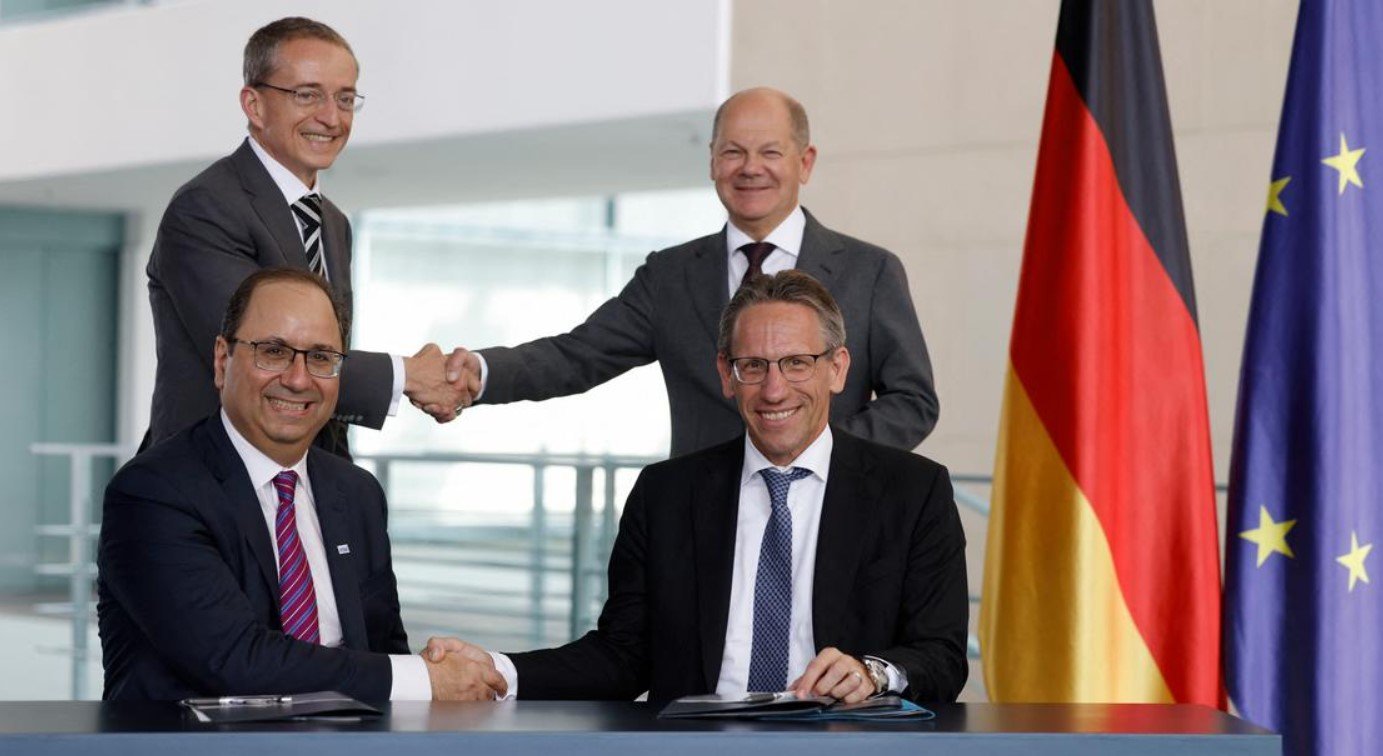
Intel CEO Pat Gelsinger and Intel Executive Vice President (left) traveled to Berlin to finalize the deal with Chancellor Olaf Scholz (back right) and his team on June 19. Photo: DW
The German deal marks Intel’s third major investment in four days. On June 16, the company revealed plans to invest $4.6 billion in a chip factory in Poland, another member of the European Union. Just two days later, Israel said Intel would spend $25 billion on a factory there.
Global management consulting firm McKinsey expects semiconductor manufacturing to become a trillion-dollar industry by 2030, up from $600 billion in 2021.
Both the US and Europe are trying to attract large industrial companies through a combination of state subsidies and preferential policies.
The German government is also spending billions of euros in subsidies to attract tech companies amid growing alarm about the fragility of its supply chains and dependence on South Korea and Taiwan (China) chip industries.
Berlin is also in talks with Taiwan's TSMC and Swedish electric vehicle battery maker Northvolt about setting up manufacturing facilities in Germany, after successfully convincing Tesla to build Europe's first giant factory in the country.
The June 19 deal nearly doubles the planned size of the Magdeburg plant. Intel said in March 2022 that it wanted to invest $17 billion in the plant.
The first facility in Magdeburg is expected to be operational within four to five years of the European Commission approving the subsidy package. The plant will create around 7,000 jobs, in addition to around 3,000 high-tech jobs at Intel and tens of thousands of jobs across the industry, the US chipmaker said .
Nguyen Tuyet (According to AP, Reuters)
Source


![[Photo] Close-up of Vietnam's sniffer dog team searching for earthquake victims in Myanmar](https://vstatic.vietnam.vn/vietnam/resource/IMAGE/2025/4/1/d4949a0510ba40af93a15359b5450df2)
![[Photo] Third meeting of the Organizing Subcommittee serving the 14th National Party Congress](https://vstatic.vietnam.vn/vietnam/resource/IMAGE/2025/4/2/3f342a185e714df58aad8c0fc08e4af2)
![[Photo] Relatives of victims of the earthquake in Myanmar were moved and grateful to the rescue team of the Vietnamese Ministry of National Defense.](https://vstatic.vietnam.vn/vietnam/resource/IMAGE/2025/4/2/aa6a37e9b59543dfb0ddc7f44162a7a7)



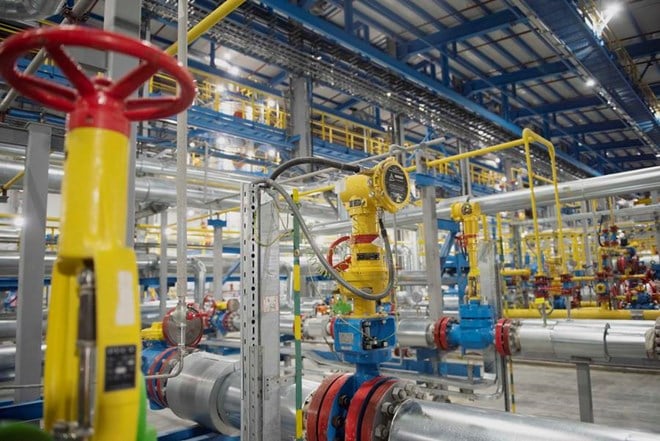

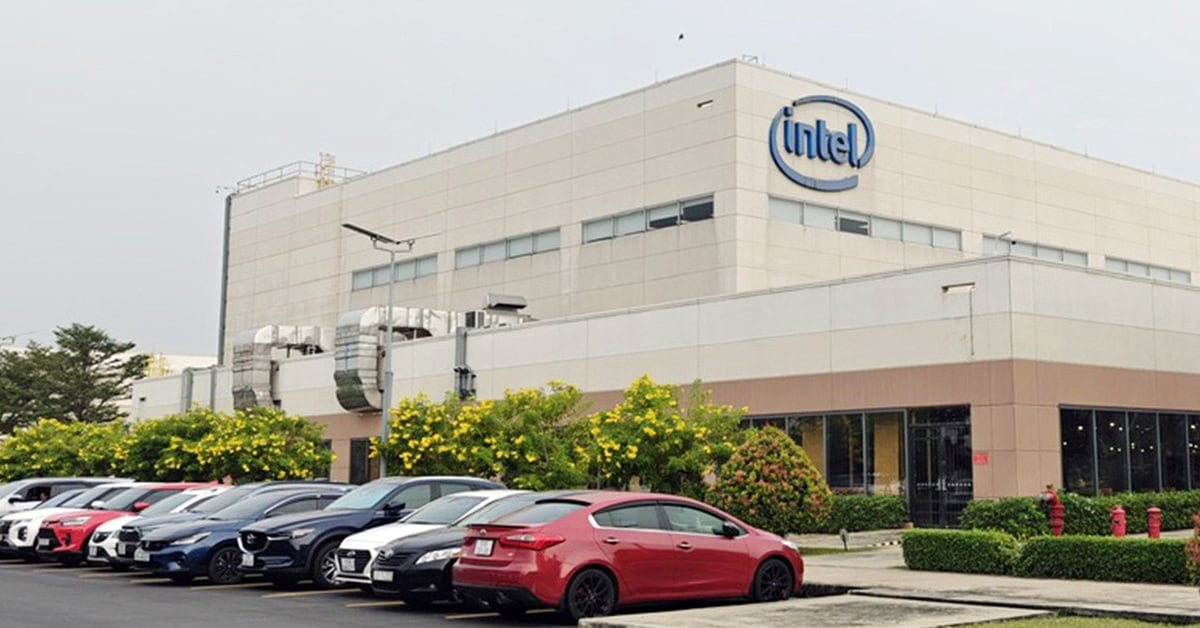





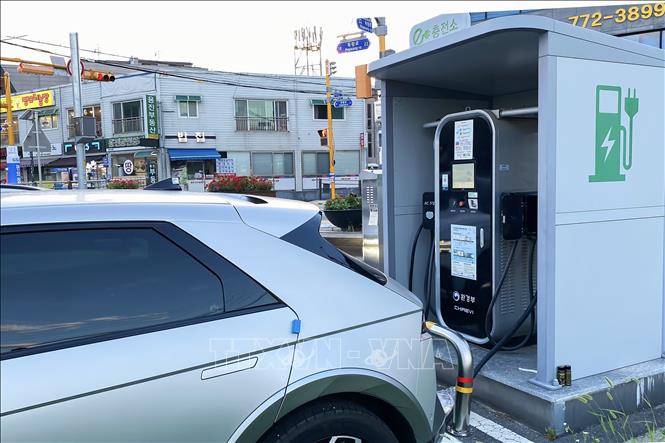






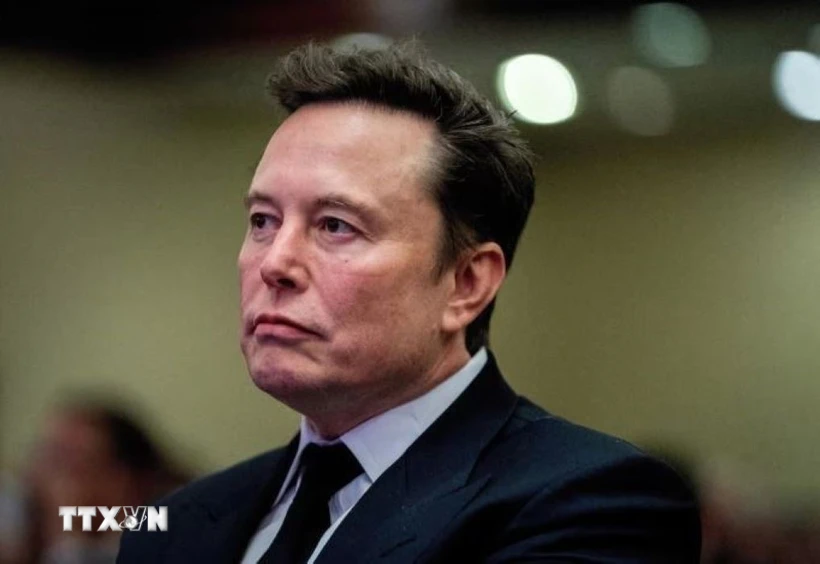
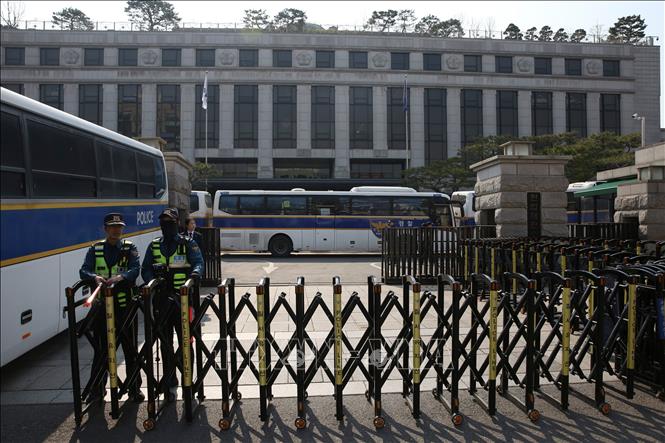
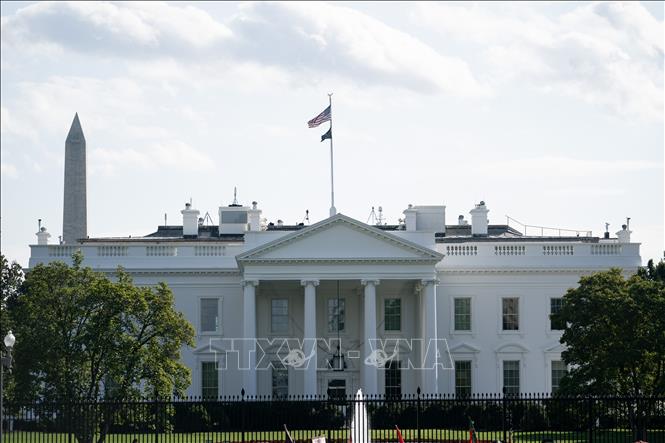







































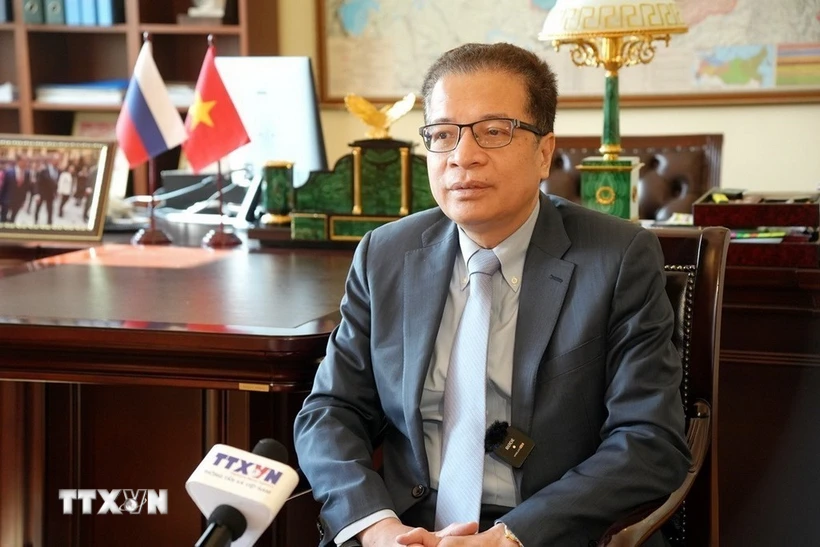

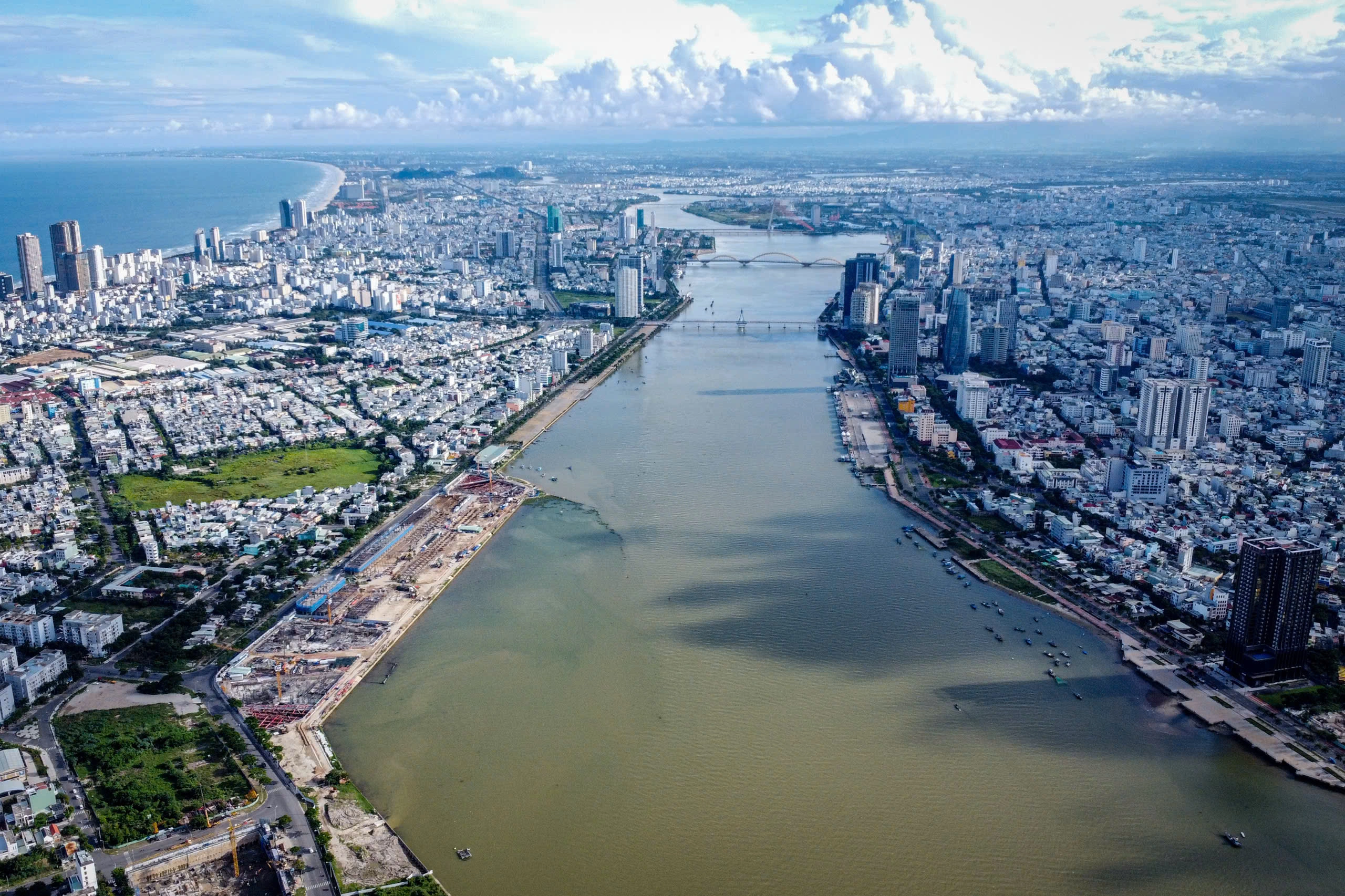



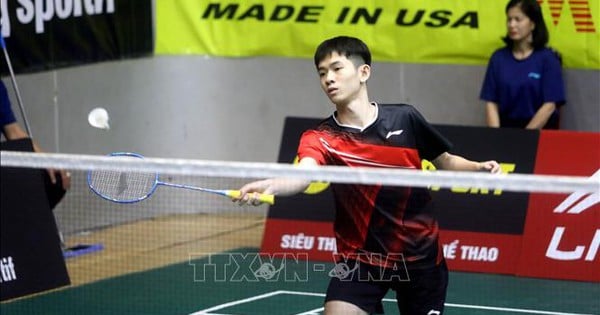


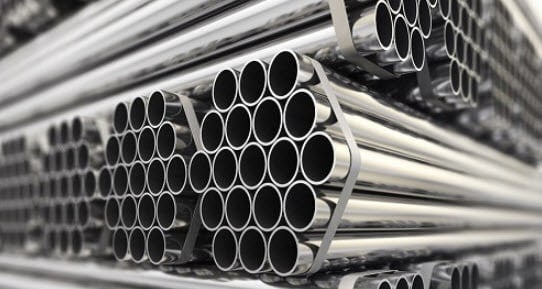


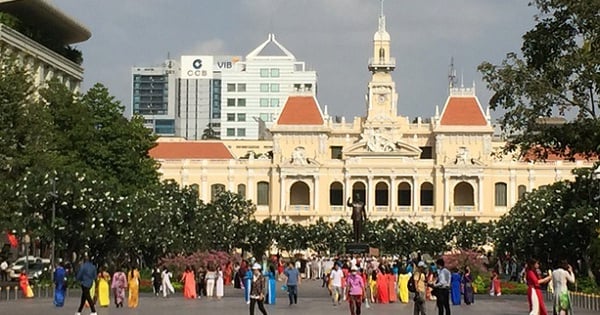
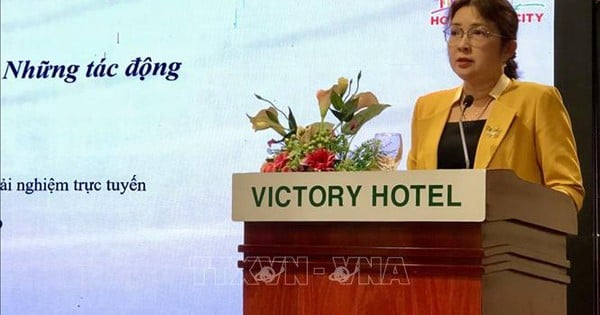


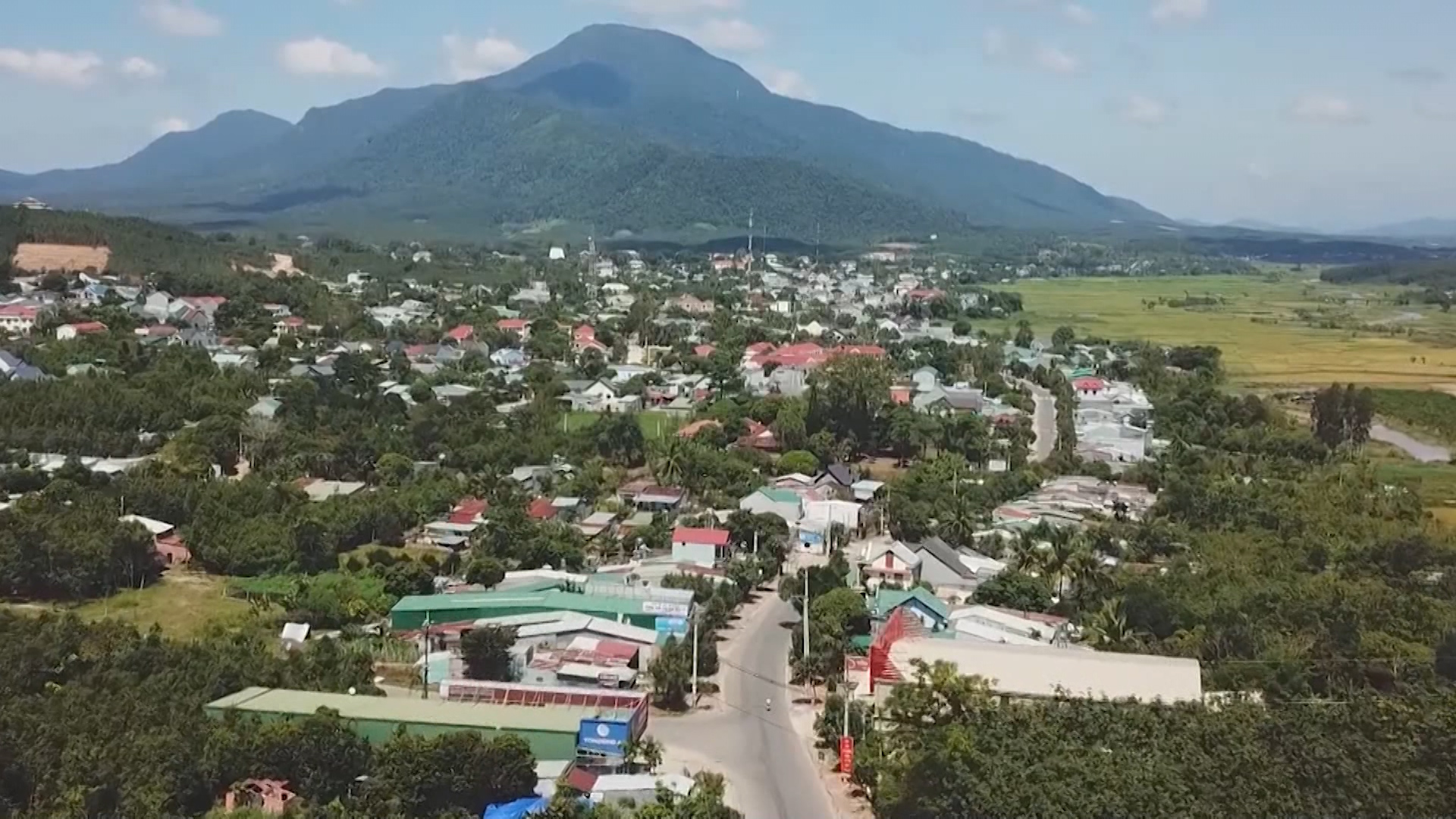
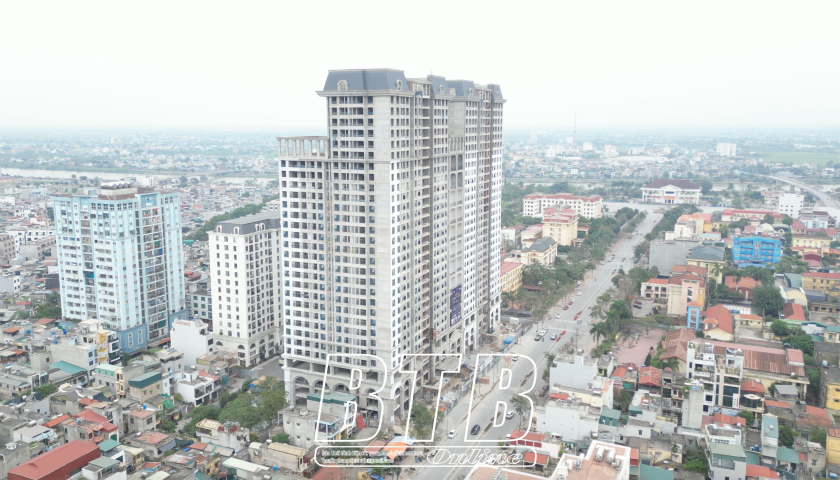



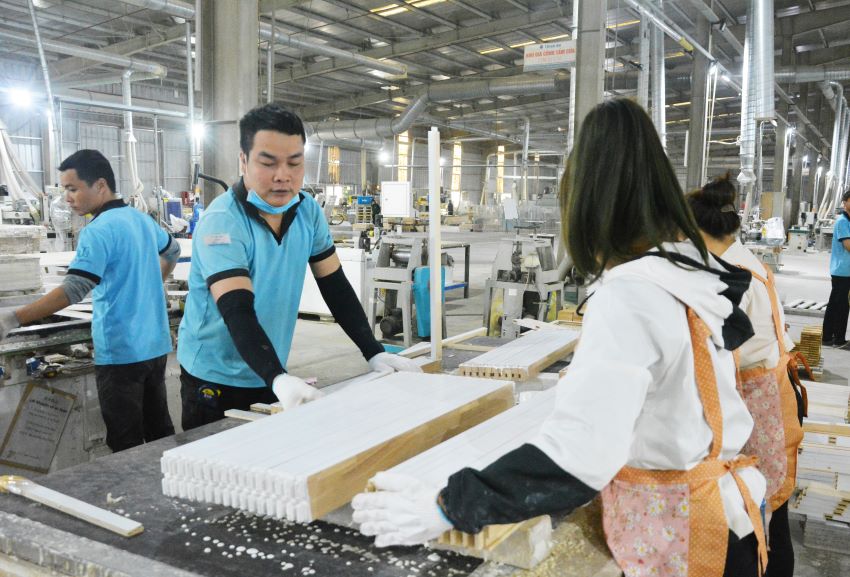












Comment (0)